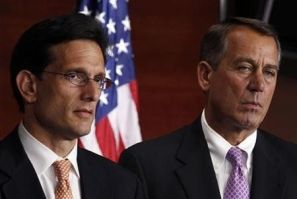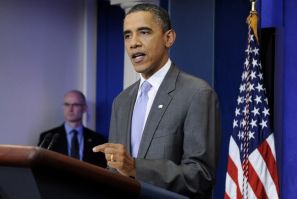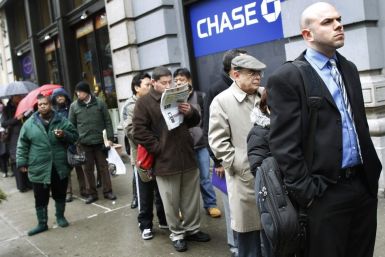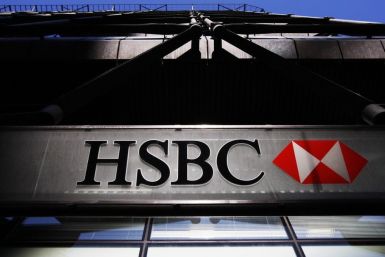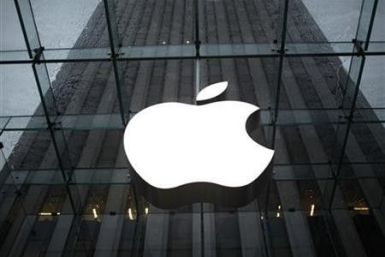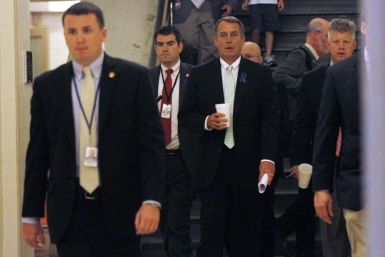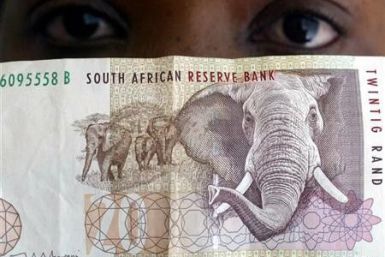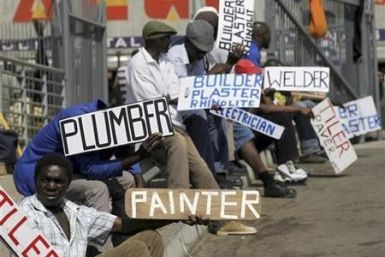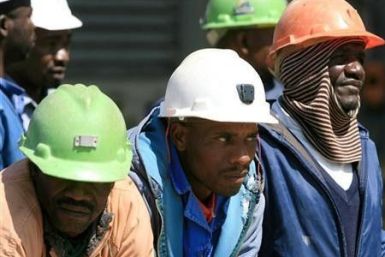In the rush to strike a debt deal to raise the debt ceiling and avoid a U.S. Government default, one question has been overlooked: will the debt deal increase or decrease the U.S. unemployment rate?
Technology is increasingly displacing the need for workers worldwide. Foxconn, making of Apple's iPhones and iPads, plans to add one million robots to factories in the next three years. HSBC is cutting out "unnecessary bureaucracy" in eliminating 30,000 jobs.
Why is Apple delaying the release of iPhone 5? Whatever it is, one thing is quite sure that the new iPhone will hit the market in the midst of an economic crisis.
The tentative deal to avoid a crushing debt default is at best a mild relief for the U.S. economy that nearly stalled in the first half of the year and has yet to show signs of any realistic pickup.
High inflation and soaring real estate prices have thrown thousands of residents into dire straits.
The petit right wing terror and Islamic terror with extended networks have gained grounds in Western world for few years.
Facing a deadline to avoid a ruinous default, congressional leaders on Saturday braced for a tense weekend of negotiations to try to reach a compromise on a measure to increase in the country's $14.3 trillion debt limit.
Senate Democrats aimed to seize the initiative in efforts to head off a ruinous debt default by pushing their deficit-cutting plan on Saturday toward a possible compromise with a divided Republican Party.
The latest poll conducted by Pew Research Center for the People & the Press, from July 20-24 among 1,501 adults and 1,205 registered voters, shows that 41 percent of registered voters would like to see Barack Obama reelected, while 40 percent would prefer to see a generic Republican candidate.
Anemic U.S. growth is not enough to prompt Federal Reserve Chairman Ben Bernanke to call for a new round of monetary stimulus.
Batman, Turkey is a troubled province, home to violence and unemployment.
With four days left before the United States hits its debt limit, Republicans pressed ahead with a deficit plan that cannot pass Congress and President Barack Obama told lawmakers to stop wasting time and find a way "out of this mess."
With America edging closer to a default and a downgrade in credit rating, some realizations are starting to hit America's youth about their future. The consequences of the partisan squabbling of their parents' generation may leave them with little to inherit and much to despise.
Prime Minister Jose Luis Rodriguez Zapatero will push elections up by four months.
U.S. gross domestic product (GDP) rose just 1.3 percent in the second quarter and a scant, revised 0.4 percent in the first quarter -- statistics that reveal a U.S. economy that's not only growing at a very slow rate, it's in danger of falling back into a recession.
The U.S. economy grew at a slow-crawl pace in the first half of this year, slower than economists had expected. Unemployment remains high also. Until companies stop hoarding cash and start hiring again, the environment isn't likely to change soon.
The U.S. Commerce Department reported Friday that the U. S. economy barely grew at all in revised numbers for the first quarter of this year.
If the debt ceiling isn't raised before Aug. 2, or if America's prized AAA credit rating is downgraded, it will mean at least a decade of financial instability to clean up after.
South Africa's rand slipped on Thursday after posting strong gains this week, while bond prices fell on concerns over the U.S. debt standoff and stocks fell for the fourth straight day.
South Africa's official jobless rate rose further in the second quarter of this year as the mining and manufacturing sectors shed jobs.
Some 100,000 South African gold miners went on strike on Thursday, but fuel workers ended a stoppage that had slowed commerce and caused panic buying.
Fear the United States will lose its AAA credit rating or even default on its debt is driving foreigners away from U.S. assets, and the dollar is taking the biggest hit.







